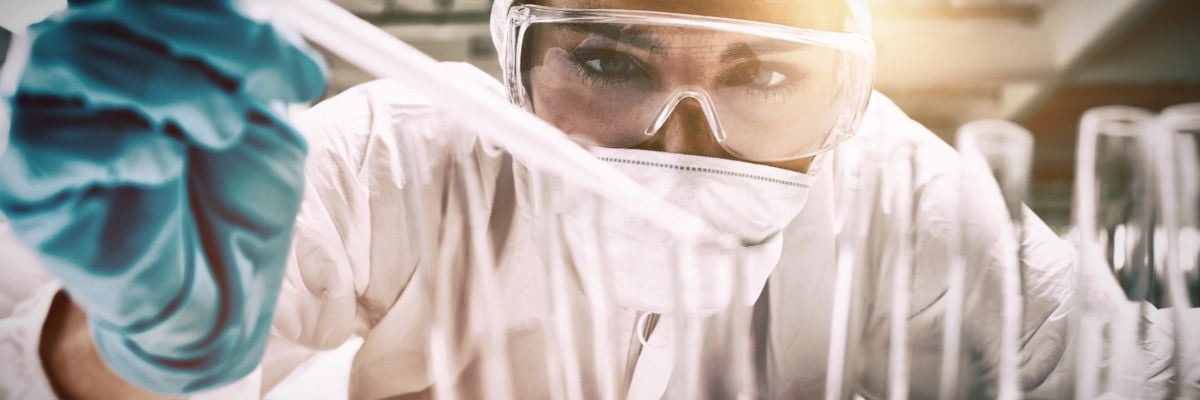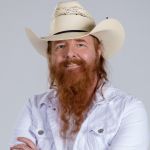
DAY 242
CHALLENGE
“We shouldn’t believe anything that can’t be verified by science.”
DEFENSE
Authentic science does not maintain this.
Science involves the use of a particular method (i.e., “scientific method”), the principal steps of which are:
- Observing some aspect of the world
- Formulating hypotheses to explain the observed data
- Making predictions about further observations based on the hypotheses
- Performing experiments to test the predictions (particularly by trying to falsify them).
This general method has proved useful for investigating many subjects, but, as we cover elsewhere (see Day 333), there are limits to what can be investigated by science.
Sometimes the reason is practical, as when an experiment cannot be performed without affecting the behavior of the phenomenon to be observed. This situation is frequently encountered in studying the behavior of subatomic particles, leading to Heisenberg’s Uncertainty Principle (according to which we cannot measure both the position and the momentum of a particle).
Other times the limit is due to a matter of principle. Science—like every other field—cannot get off the ground without using truths of logic that are fundamental to all reasoning. Yet these principles cannot be verified by the scientific method. Instead, they are assumed.
Science also presupposes other principles that it cannot demonstrate, such as the lawlike behavior of natural phenomena and the extension of those laws into the past and future. It also must assume that the data that has been observed is representative of the way things are and not just a misleading set of fluke observations. Repeating experiments to gain more data is good, but the new experiments also could involve fluke observations, so there must remain an assumption that the observed data is representative of the way things really are.
Most fundamentally, the claim that we should not accept anything that cannot be verified by science does not meet its own test. In view of the limits of science we have covered, the hypothesis proposed in the challenge does not fit the observed data. It is a bad hypothesis and therefore something that authentic science does not support. Authentic science recognizes its own limits and does not claim to be the single tool needed to prove every type of proposition.



